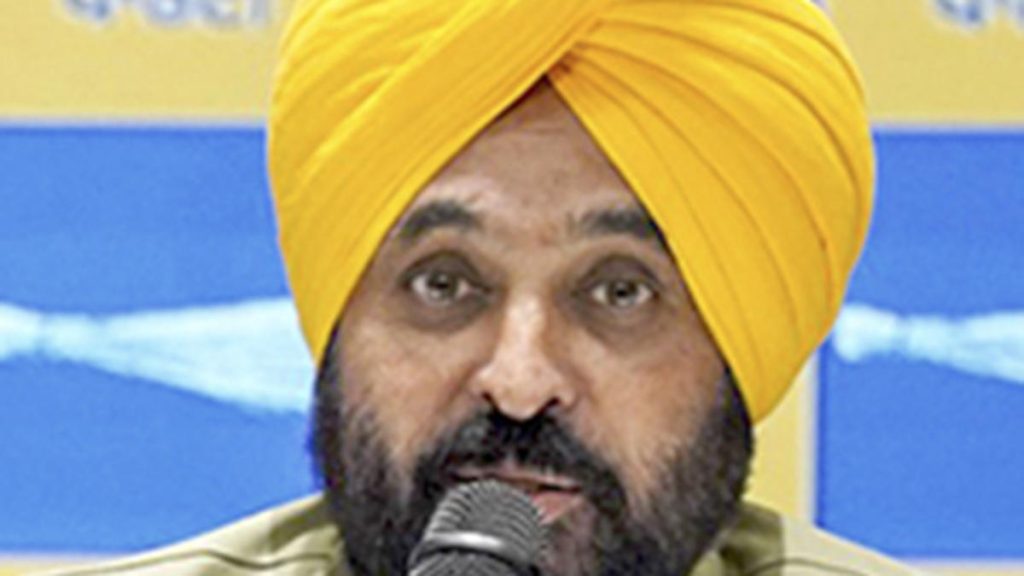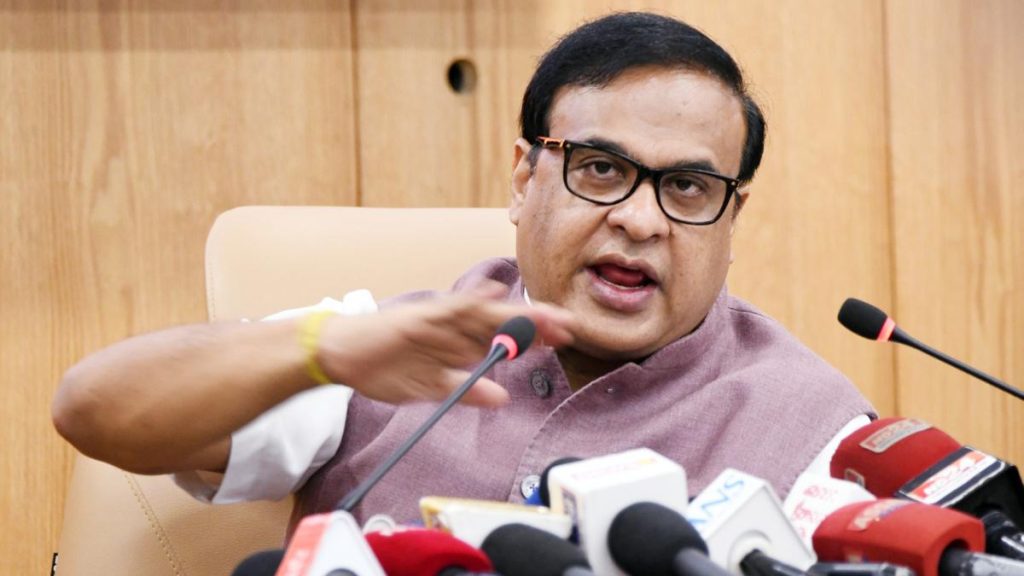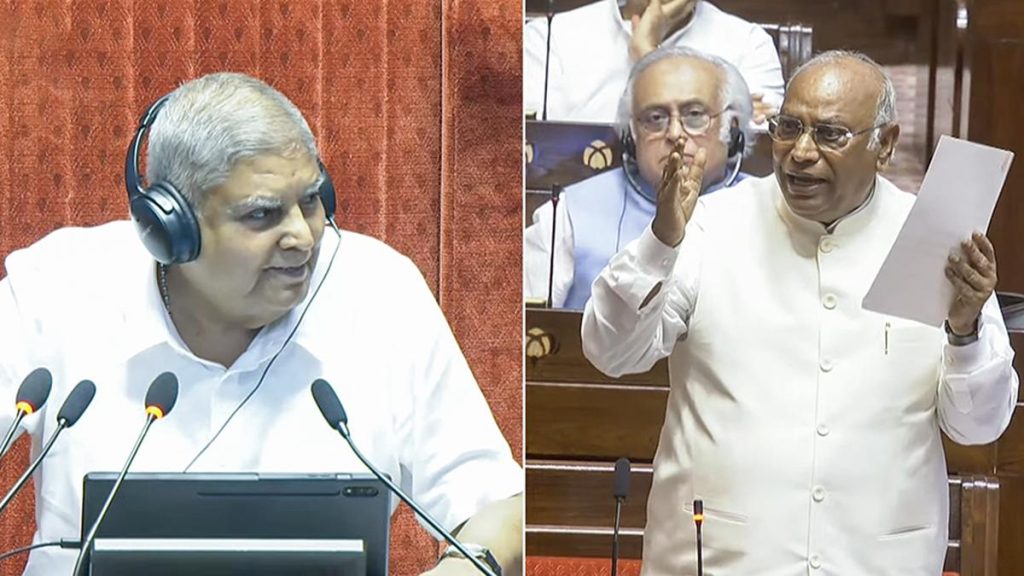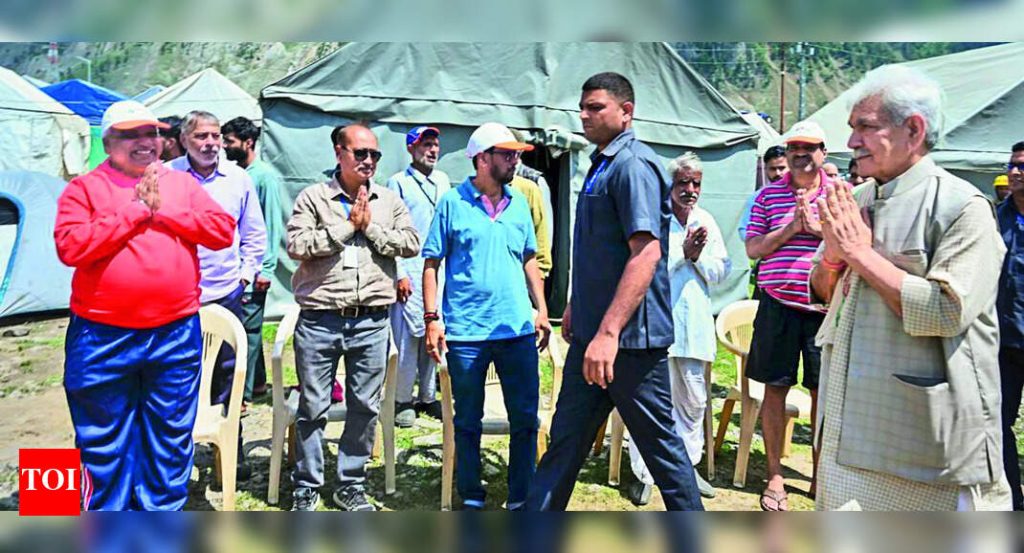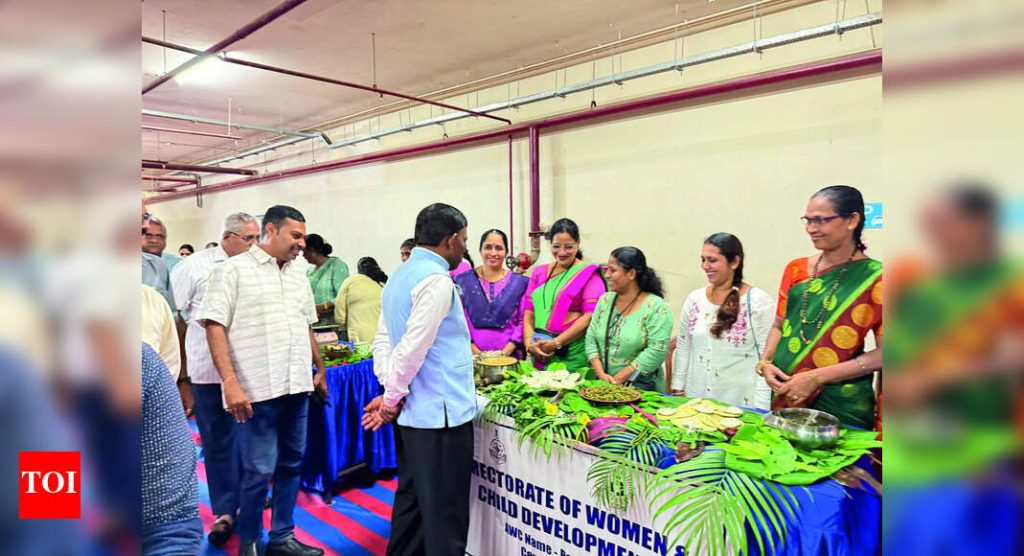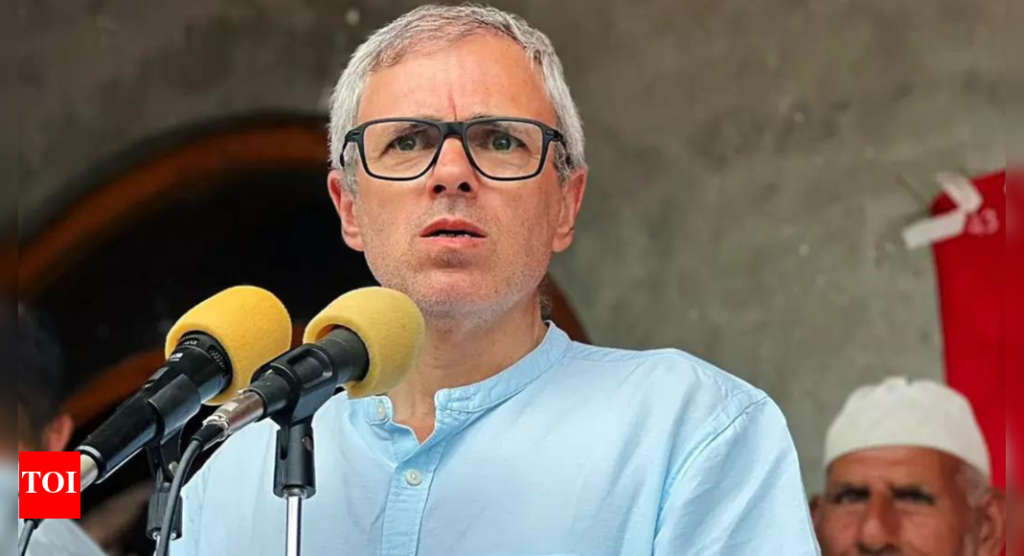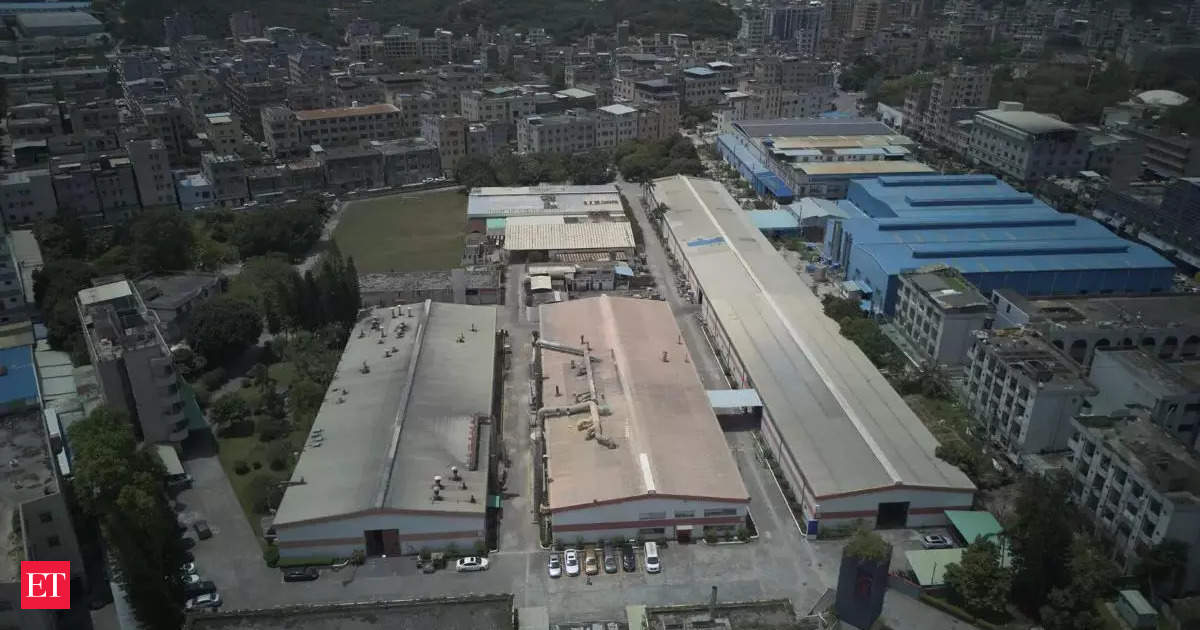Now Reading: पहलगाम हमले पर वाड्रा: ‘धर्म के नाम पर हिंसा से मुस्लिम असुरक्षित महसूस कर रहे
-
01
पहलगाम हमले पर वाड्रा: ‘धर्म के नाम पर हिंसा से मुस्लिम असुरक्षित महसूस कर रहे
पहलगाम हमले पर वाड्रा: ‘धर्म के नाम पर हिंसा से मुस्लिम असुरक्षित महसूस कर रहे
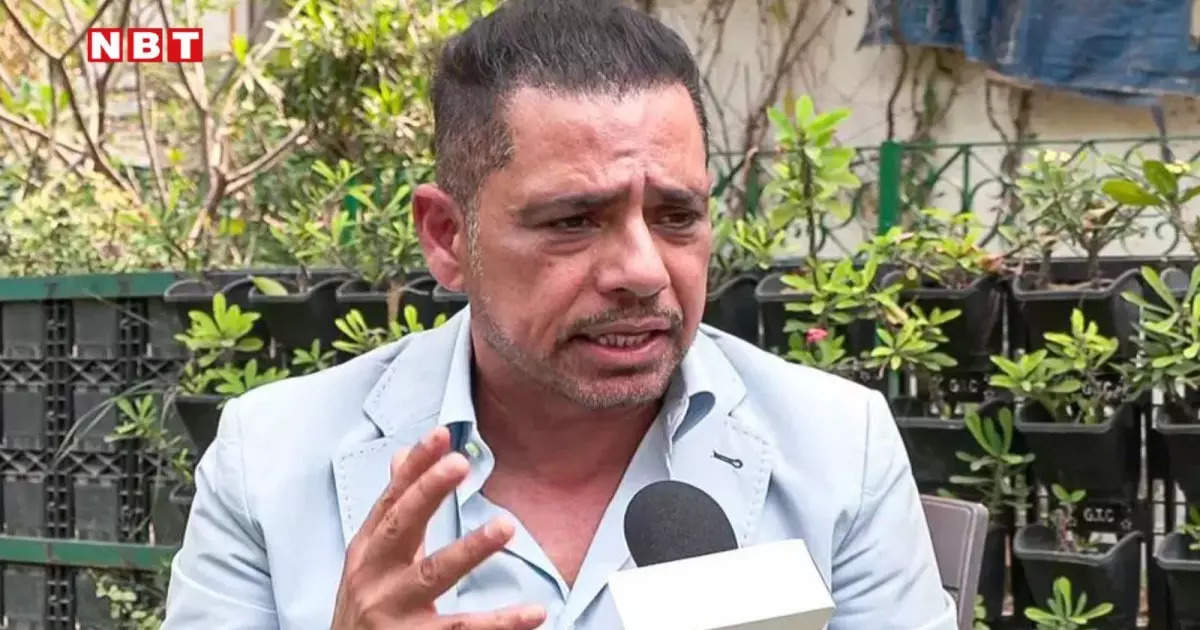
Fast Summary
- Event: Congress leader Sonia Gandhi’s son-in-law, Robert Vadra, expressed opinions about the recent terrorist attack in Pahalgam, Kashmir.
- His Statement: Vadra stated that the growing Hindu-Muslim divide in India is making Muslims feel uncomfortable and vulnerable. He attributed this sentiment too the government’s emphasis on Hindutva.
- Attack Context: Vadra referred to reports suggesting that terrorists were targeting individuals based on their identity (religion).
- Message for PM Modi: He urged Prime Minister Narendra Modi to address concerns of minority communities feeling weak and insecure due to current socio-political dynamics.
- Call for Action: Vadra advocated for creating an surroundings that ensures safety and secularism across communities.
Indian Opinion Analysis
The remarks by Robert Vadra highlight a sensitive intersection between terrorism, religious identity, and domestic political narratives in India. His comments bring focus on two critical issues: the psychological impact of such incidents on minorities and broader societal divisions aggravated by partisan politics or communal rhetoric.While his critique targets government policies emphasizing Hindutva,it underscores an ongoing debate about maintaining india’s constitutional commitment to secularism amidst polarizing ideologies.
Implications of such statements are multifaceted; they could invite greater scrutiny of governance strategies while fostering discourse around coexistence and inclusivity. Though, attributing motivations directly or indirectly to specific governmental narratives may oversimplify complex socio-political dynamics surrounding terrorism in regions like Kashmir-an area with historical conflict trajectories far exceeding solely religious factors.
It remains crucial for policymakers across ideological spectrums to balance national security priorities with social cohesion efforts so citizens from all backgrounds feel secure within India’s framework as a pluralistic democracy.



